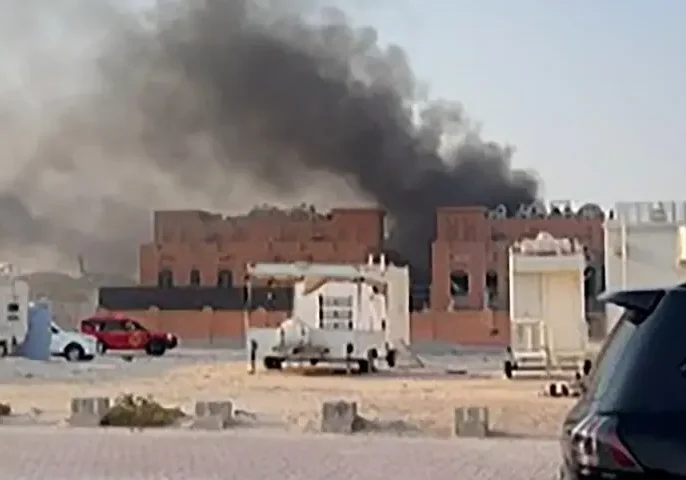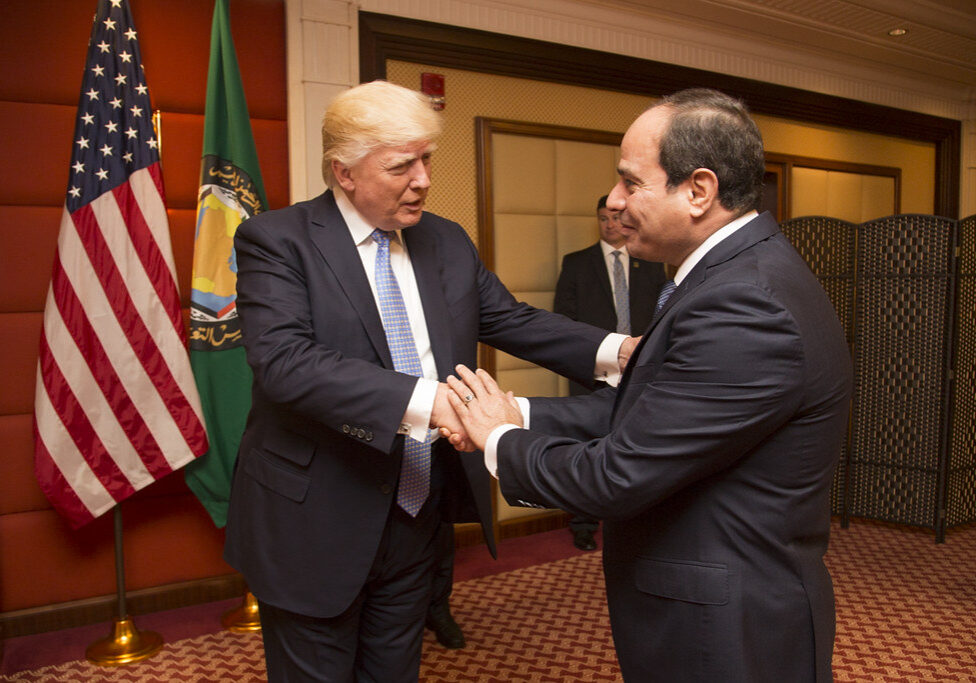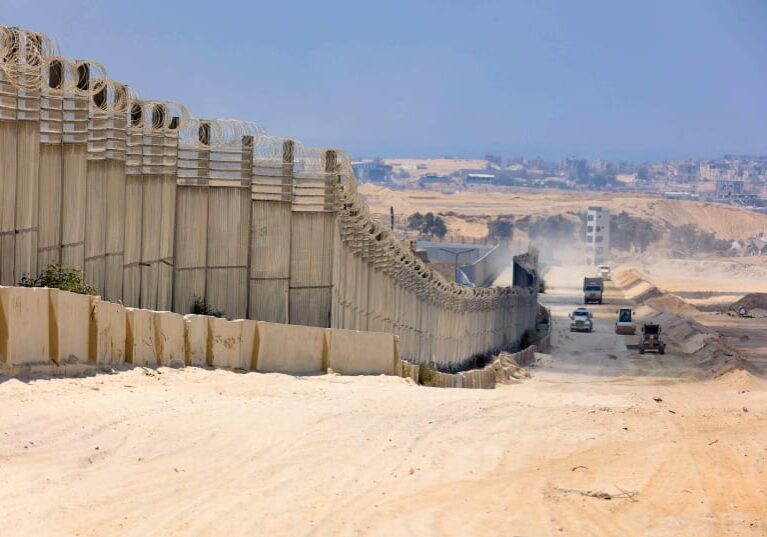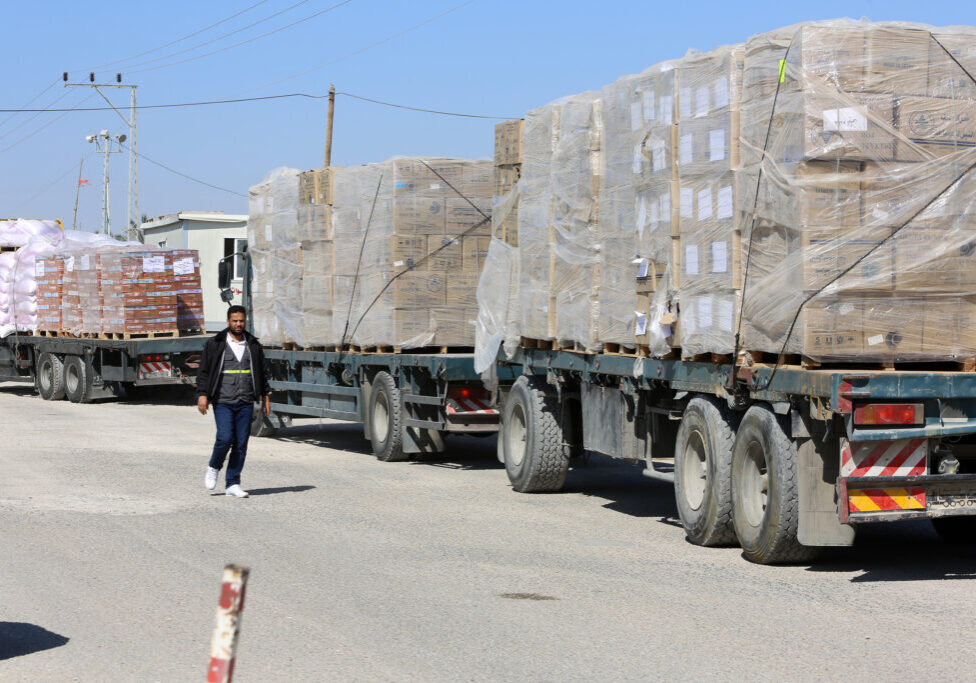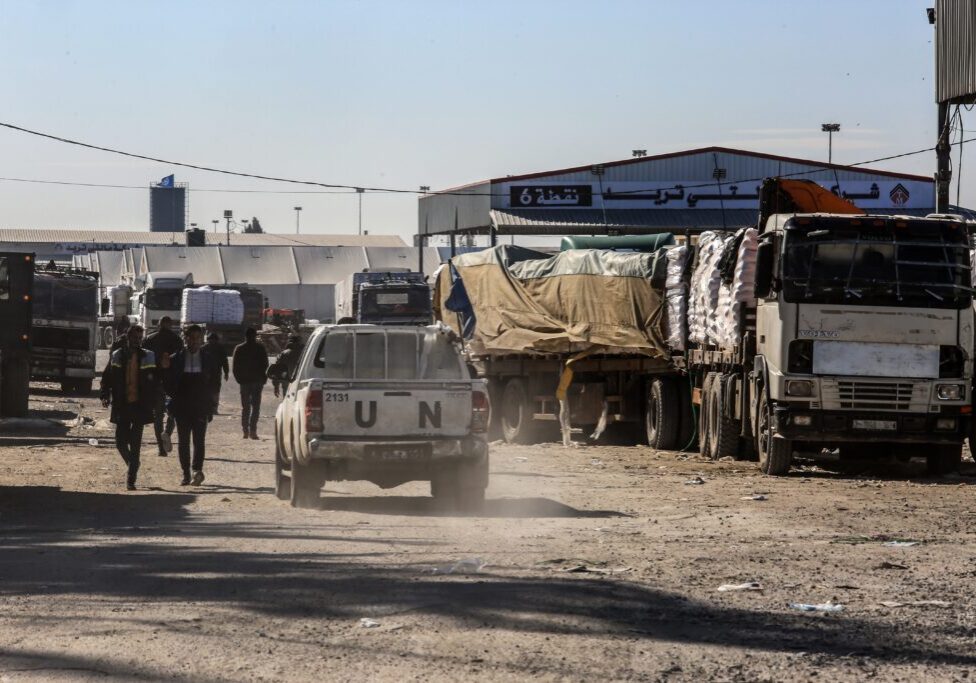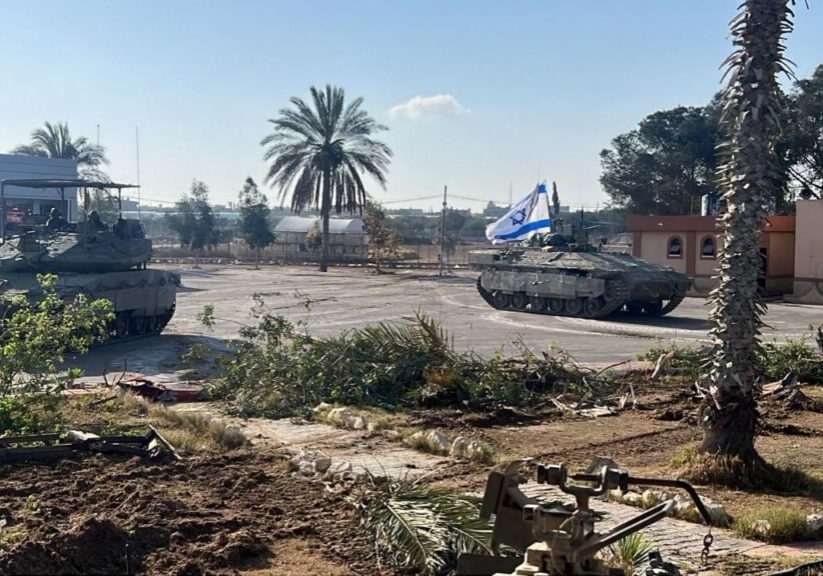Australia/Israel Review
Philadelphi story
Feb 23, 2009 | Yehonathan Tommer
By Yehonathan Tommer
A primary target of the Israeli operation against Hamas in December and January was weapons smuggling tunnels under the border between the Gaza Strip and the Egyptian Sinai. This border zone is known as the Philadelphi corridor. The aim was to cut off Iranian supplies of short and medium range missiles being fired by Hamas into bordering Israeli towns and villages. The military campaign also targeted extensive terrorist infrastructures, local weapons factories, ammunition storage bunkers and rocket launchers – many operating under cover of residential homes, hospitals, schools and public buildings.
These goals were largely achieved, according to General (ret.) Giora Eiland, a former head of Israel’s National Security Council and senior researcher at the Institute of National Security Studies in Tel Aviv. Hamas emerged “significantly weakened”, but undefeated, at the end of a three-week aerial bombardment and ground incursion, he says. Its weapons capability was significantly reduced, though not completely destroyed. But its continuing rocket fire into Israel after both sides had independently declared a cease fire demonstrated that Hamas still has capability and resolve, Eiland adds.
Tunnel damage temporary
According to most experts, it is expected that the tunnels collapsed by Israel will soon be repaired and operational. Media reports indicate some are already. Therefore, both Israeli leaders and most analysts have insisted that the key to a lasting ceasefire is improved arrangements along the Philadelphi corridor to halt smuggling from the Egyptian side of the border.
Until recently, Egyptian leaders showed little serious interest in cooperating against cross border arms smuggling from Sinai to Gaza. At first they insisted that the weapons were arriving by sea off the Gazan coast and that Israel was responsible for preventing their entry. Then it was claimed that they lacked an adequate police force to patrol the 15 km long Philadelphi border with Gaza.
The Israelis agreed to amend their 30-year old peace treaty in the demilitarised zone to allow the Egyptians to upgrade and double their border patrol force from 750 to 1,500 personnel, according to Amos Gilad, a top political-security aide to outgoing Israeli Prime Minister Ehud Olmert.
After almost two years of frustrated Egyptian efforts to reconcile the warring Hamas and Fatah factions, Cairo has a sober perception of its national security interests at the Gazan border.
With the onset of the Israeli operation, Egyptian President Hosni Mubarak accused Hamas of provoking the calamity by abandoning the ceasefire. The Muslim Brotherhood, Egypt’s anti-Western opposition, backs Hamas. Their support of a Gazan entity armed by Cairo’s arch rival Iran and funded by charitable Islamic organisations in Saudi Arabia and the Gulf states threatens the stability of Mubarak’s government, says Dr. Jonathan Spyer, a senior researcher at the Interdisciplinary Centre in Herzliya.
Egyptian efforts: “Improving but not foolproof”
“Mubarak is clearly worried by Iran’s regional expansion through strengthening ties with Islamic elements in Gaza, Lebanon and Bedouin smuggling rings in Sinai, where Egyptian intelligence demonstrates an uncomfortable lack of control over its own sovereign territory,” says Tel Aviv University Arab affairs specialist Dr. Asher Susser.
“Paradoxically, Israel’s Gazan operation conveniently handed Mubarak a lever to press Hamas to agree to a long-term ceasefire, lifting the siege and reopening border crossings and to release captured Israeli soldier Gilad Shalit on terms favourable to Israel and the Palestinian Authority (PA),” Susser added. “Hamas must listen to the Egyptians more carefully than it did a month ago if it wants to end the hostilities and focus on Gaza’s reconstruction.”
“The Egyptians now wish to exercise better control over their Sinai border, but it is doubtful whether they have the capability,” says Susser. “This depends on their army’s efficiency and the technological equipment at their disposal.”
In early February, tunnel detection sensors, cameras and electronic radar equipment supplied by the Americans, the French and the Germans were installed to secure Egypt’s Gazan border. The Swedes offered to boost the number of monitors to help police the traffic of people and goods at the Rafah border crossing when it reopens after a new ceasefire agreement is in place.
Cairo recently joined international maritime efforts by denying Iranian vessels berthing rights to unload goods at el-Arish headed for the Gaza Strip. Sinai’s “safe haven” had become a vital Iranian supply route for Hamas in its terrorist warfare against Israel. Homegrown terrorist organisations, by the same token, could also use the same route to receive illicit Iranian arms for use against domestic Egyptian targets.
“I can see the Egyptians making improved efforts to prevent arms smuggling, but I don’t expect them to be foolproof. They won’t send in troops to break up the lucrative Bedouin smuggling rings. Cautious attempts in the past met with armed resistance and every soldier and government official can be bribed,” said Hebrew University Middle East specialist Moshe Maoz.
Gazan arms smuggling to continue
Bar Ilan University specialists Efraim Inbar and Mordechai Kedar take an even more pessimistic view. It is “unrealistic” to expect Egypt to put an end to the weapons smuggling under the Egyptian-Gaza border and imprudent to rely upon them, they write in the January edition of Perspectives, published by the Begin-Sadat Centre for Strategic Studies.
It’s an assessment held by many in Israel’s military-political establishment.
Renewed flare-ups are on the cards as long as weapons and the materials to make them continue to trickle to Hamas and other Islamic splinter groups.
Egypt sees Israel as a regional competitor for hegemony in the Middle East and doesn’t mind seeing it “bleed” in Gaza, write Inbar and Kedar. “Keeping the Israel-Palestinian conflict burning on a low flame serves Egyptian interests. Its solution would free Israel of an immense security burden and allow the Jewish state to become even stronger than it is today.”
“Israel will continue to face a significant Gaza security challenge despite Operation Cast Lead and must maintain freedom of action to bomb tunnels along the Philadelphi line or to destroy them by ground operations,” they write.
“Israel also must make this crystal clear to friends and foes alike,” Inbar and Kedar conclude.
Tags: Egypt

